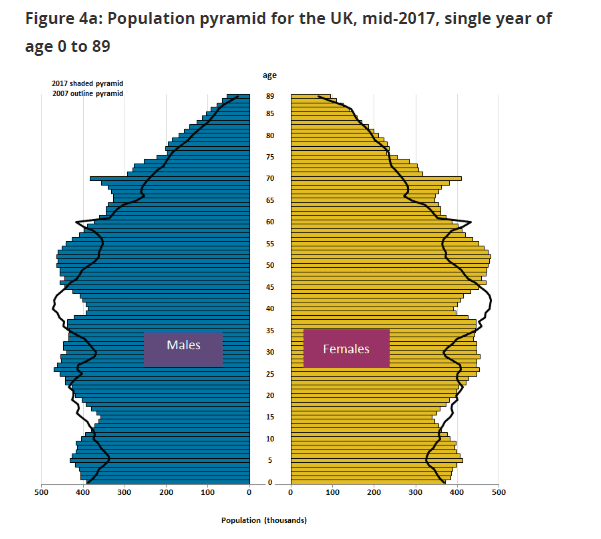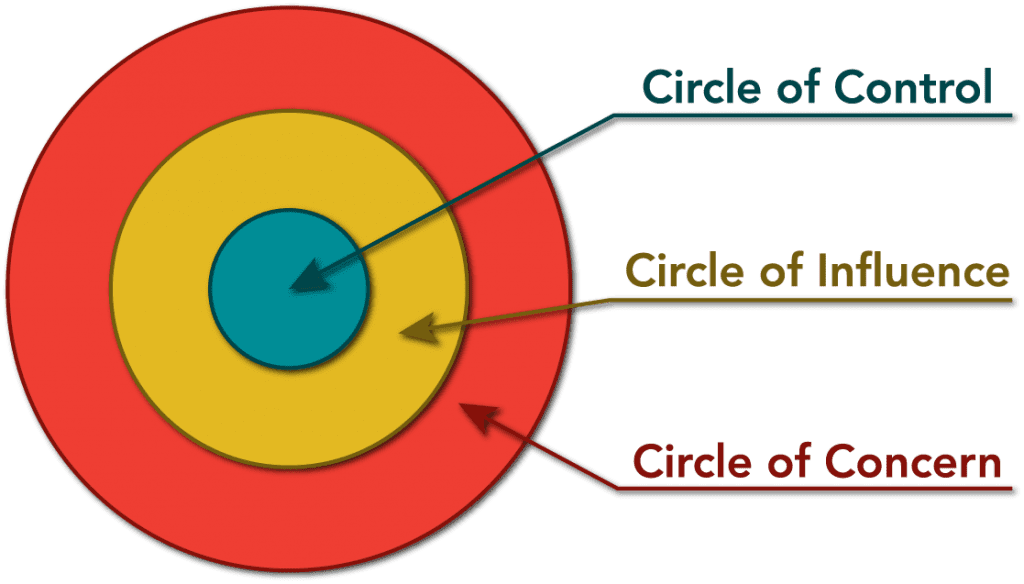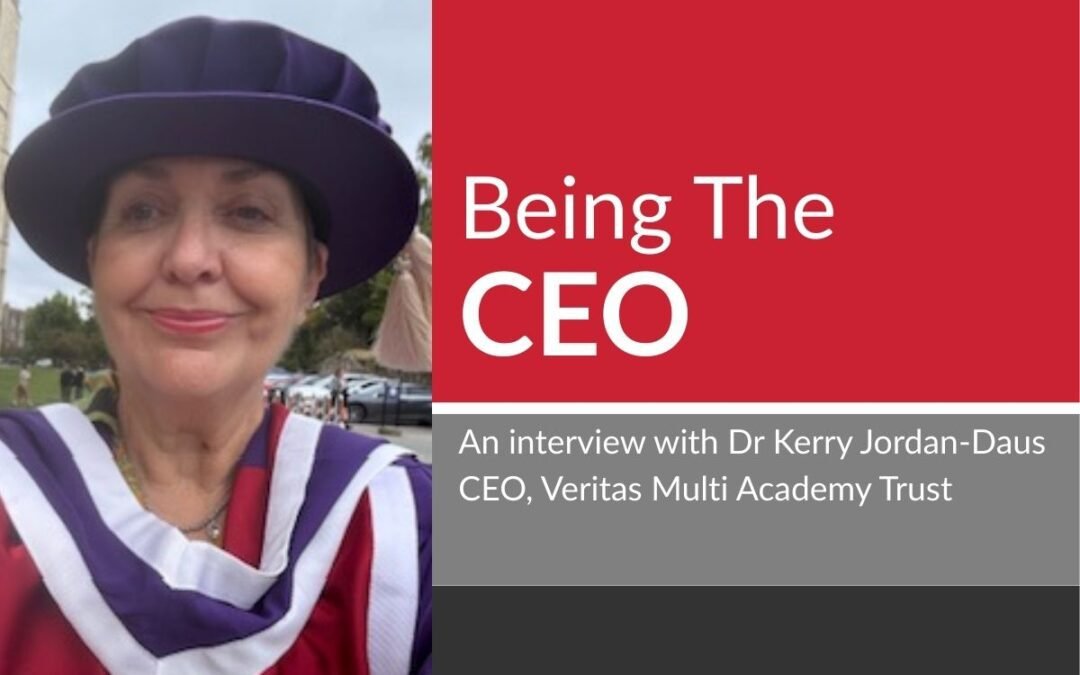The world, and our society as a whole, is currently in a state of flux. As CEOs seek to ‘manage’ the present, they must also anticipate and begin to lead their organisations into a new future. The coming months are a time for deepening our contextual wisdom, says Michael Pain.
The impact of the pandemic is far reaching and the consequences for our organisations are huge. New research tells us that whilst 90% of executives believe the crisis will fundamentally change the way they work over the next 5 years, only 21% believe they have the expertise, resources and commitment to adapt successfully. Two thirds believe this will be the most challenging moment ever in their executive career. Much of this anxiety about the future, I suspect, is down to a blend of fatigue, the overwhelming need to be focused on being reactive, and a general sense of uncertainty across the economy and wider society about what will come next. The good news is there are some strategic certainties and trends emerging that can already help us to begin to plan ahead.
So what can CEOs expect and prepare for in the coming months? Here are 6 areas for every CEO to bear in mind – considering the context in which we all find ourselves and our society in.
Workforce and People
The number of vacancies in the UK was at record levels before the pandemic. This made it extremely challenging for employers – including public and third sector employers – in recruiting and retaining people. That has all changed as a result of COVID19.

Now, with new ONS data released yesterday, it is an employers’ market again, and it is likely that stable and secure public sector jobs, buoyed by the positivity around key worker status, will – as during the credit crunch – be in high demand. Public sector CEOs will be able to sleep a little easier in terms of recruitment, but they must not be complacent. To attract the very best talent, leaders will need to adapt to the new workforce expectations that have been accelerated by COVID – more flexibility (including more opportunities to work from home or in a way that adapts to caring responsibilities), more work/life balance and time with family and friends, and the placing of personal health and wellbeing as a priority. An organisation that doesn’t adapt to the needs and expectations of the post-COVID workforce will still attract people in a tough jobs market, but it will fail to attract the best people. The best organisations in the decade ahead will also be the best places to work.
CEOs must also consider even more seriously the diversity of their organisations and how representative they are of their communities. The Black Lives Matter campaign has brought into stark focus how much further CEOs, trustees and leaders need to go. CEOs need to educate themselves, and their senior teams, and they must consider the barriers to under-represented groups in their workforces and seek to address these as quickly as possible.
ACTION: Avoid complacency. Read the landscape around changing employee expectations, considering the wider data, intelligence and trends. Listen carefully to your employees around what they value and what they don’t like about working for you. Strive to be an employer of choice in a post-Covid world and attract and retain the very best talent possible – from all backgrounds. This is the most important thing you can do for organisational success in the months and years ahead.
Leadership
The last few months have left leaders exhausted. For many the adrenaline is still rushing, and this summer will undoubtedly create a ‘crash’. I am worried about the mental health and wellbeing of our leaders, and that is why Forum Strategy is providing a free wellbeing hotline in partnership with Schools Advisory Service for all our CEO members this Summer.
The pandemic has not altered the fact that there is a demographic bulge of people in their late 50s, all on the precipice of retirement. Many with secure public sector pensions will now choose to retire earlier than they anticipated. Indeed, as an organisation supporting CEOs and executive leaders, we have noticed a general growth in interest in retirement and retirement planning amongst our CEO membership. There will be a big leadership vacuum as we see very experienced people leave. That’s a huge concern and something that cannot be left to chance.
Not only does this potential uncertainty and change present a real and present danger for our organisations in terms of capacity, the loss or potential loss of leaders so soon after the COVID19 pandemic could create additional organisational fatigue and uncertainty – having a detrimental impact on culture. So any potential retirement or decision to leave must be handled with even greater care.

ACTION: If you are a trustee, board member or CEO, begin these conversations now. Has the pandemic changed yours and your teams views on retirement. Does a succession plan need to be put in place sooner rather than later? Do you need to further invest in developing a leadership pipeline now? Are boards considering flexible-retirement status for talented and experienced leaders?
Technology
If technology was not integral to our way of working, it now needs to be. Many of your ‘customers’ – whether they are patients, parents or children, have now experienced a greater connectivity with your organisation through technology. Expectations will have changed forever, and it is now about improving and refining the online offer – not consigning it to the recycle bin once the pandemic is over.
For those that haven’t connected well – see the NFER research on those pupils falling behind at home – the question is not simply how quickly do we get back to the old ways of working, but what it is it about the technology or the environment in which the technology is engaged with, that needs to be improved. For example, do parents need more support or encouragement to create the conditions for home learning? Does education now extend to them as well as their children? This requires a substantial investment in research, and perhaps in the infastructure and training/support required. CEOs will be considering how they go about this.
ACTION: Technology and expectations around remote engagement are now here to stay (especially if there is a second wave of the pandemic). Rather than abandoning the ‘remote experience’ as quickly as possible, organisations should be questioning how it can be improved and enhanced, and how those who have not engaged with it can be encouraged and supported to in future? Does you organisation have the capacity around strategic ICT leadership, as well as the operational know how, to take this to the next level? Are you asking the right questions of those using the technology (or not) to ensure improvement and development is well-informed?
Less looking upwards, more looking outwards
One of the things that has been particularly noticeable in recent months has been in the inability to rely on government for direction or guidance. Whilst some leaders put their faith in government and were left disappointed. On the other hand, many CEOs were already busy engaging external experts – in areas such as IT, health and safety / public health, human resources and elsewhere – to determine the best path for their organisations. There is an important lesson in there around how the political environment will be for the next few years, and how CEOs and organisations survive and thrive in the coming years.
It has also been noticeable how some CEOs have taken the views of their communities, staff and ‘customers’ just as seriously as those of government – recognising that the public mood and insight has been different at times. It is also clear that national solutions do not always work at a local level, and CEOs must have the confidence to interpret these to suit their context. This is key for ensuring credibility and confidence amongst those we lead, and again, making carefully informed decisions at a local level that bring people along with us.
It is also worth bearing in mind that the next few months will see a vacuum in terms of national or ‘top down’ accountability in the public sector. Whilst some leaders will see this as a chance to step off the gas in terms of accountability, others are already busy reshaping accountability so that it reflects this shift from an ‘upwards looking’ to a more ‘outwards looking’ culture. I have written about the concept of pure accountability and how organisations are deepening accountability to those they service directly, here: https://forumstrategy.org/its-time-for-a-purer-more-community-focused-notion-of-accountability/
ACTION: It is more important than ever that CEOs surround themselves with highly credible and qualified experts, and reach careful decisions based on these insights and by listening carefully at a local level. The use of surveys, including staff surveys and customer surveys has been crucial at this time in order to triangulate intelligence for making key decisions. Consider carefully how your organisation can use this time to develop pure accountability – deepening your accountability directly to those you serve and your immediate communities.
Sustainability
The pandemic has eclipsed the other international emergency – climate change. Yet for organisations serving young people, it is important to remember that this remains the top concern for a generation. The world they will inherit is at risk – and not just from the pandemic, but even more fundamentally. Organisations across the piste are now making significant and public commitments in order to become ‘carbon neutral’ in the years ahead, and ensuring that sustainability and ecological responsibility is built into every strategic and operational decision – including their post-COVID recovery planning. The public sector is lagging behind the private sector here, and it is of real concern that many of our trusts and schools are falling behind when children and young people value this so much.
And, when thinking about sustainability more roundly, we must also consider financial sustainability too. The public sector debt burden will increase, and that will catch up on the public sector eventually. How can the public sector invest in technology, greener energy, and remodel its workforce to ensure it is well prepared to ride out the almost inevitable financial constraints down the road without impacting on the quality of its offer. That’s a huge question, but boards and CEOs must now seriously consider in investing in sustainable approaches for the long-term.
ACTION: Develop your sustainability strategy and ensure that you have clear, publicly stated goals and commitments to become ‘carbon neutral’ in the future. Many organisations are aspiring to this within the next decade. Consider how this is built into strategic and operational decision making. Consider how you invest in technology, buildings and ways of working to be best placed to ride out potential financial austerity down the road.
Staying in the circle of control
Sometimes as a CEO it is easy to believe that we have to be responsible or take action across the board – even for those things that are outside our control or influence. The circle of control helps us This remains critical for CEOs ensuring the job is manageable and sustainable in the months ahead and that CEOs are maximising their time and energy, whilst ensuring their own wellbeing. The circle of control has been key to my coaching conversations with CEOs in recent months.

There is so much noise, so much conjecture, that it is easy for a CEO to be ‘ground down’ in the belief that they are not doing or enough or not responding adequately. That risk will be everywhere in the months ahead, and is always there to some degree even in more stable times.
When faced with issues, concerns or demands it is crucially important for CEOs to ask: is this in my circle of control or influence (or in my organisations circle of control or influence) – at this moment of time? If it is, it is then a case of determining what course of action needs to be taken. If it is simply in the circle of concern or interest – then it is likely to simply be something to be aware of or take note of, rather than becoming consumed by. These are issues that can either be parked or deferred to others. Great CEOs have clear focus and clear awareness of what they can influence and what they cannot.
ACTION: Keep the circle of control at the forefront of your mind in the months ahead. Be clear about what is within your control, and where you are placing yourself under unfair pressure or unrealistic responsibilities. If action needs to be taken, you may need to bring in outside expertise – such as public health expertise. Don’t try to be something you are not, it will exhaust you, trip you up – or both!
Michael Pain is the founder of Forum Strategy. He is a coach to CEOs and author of Being The CEO.


